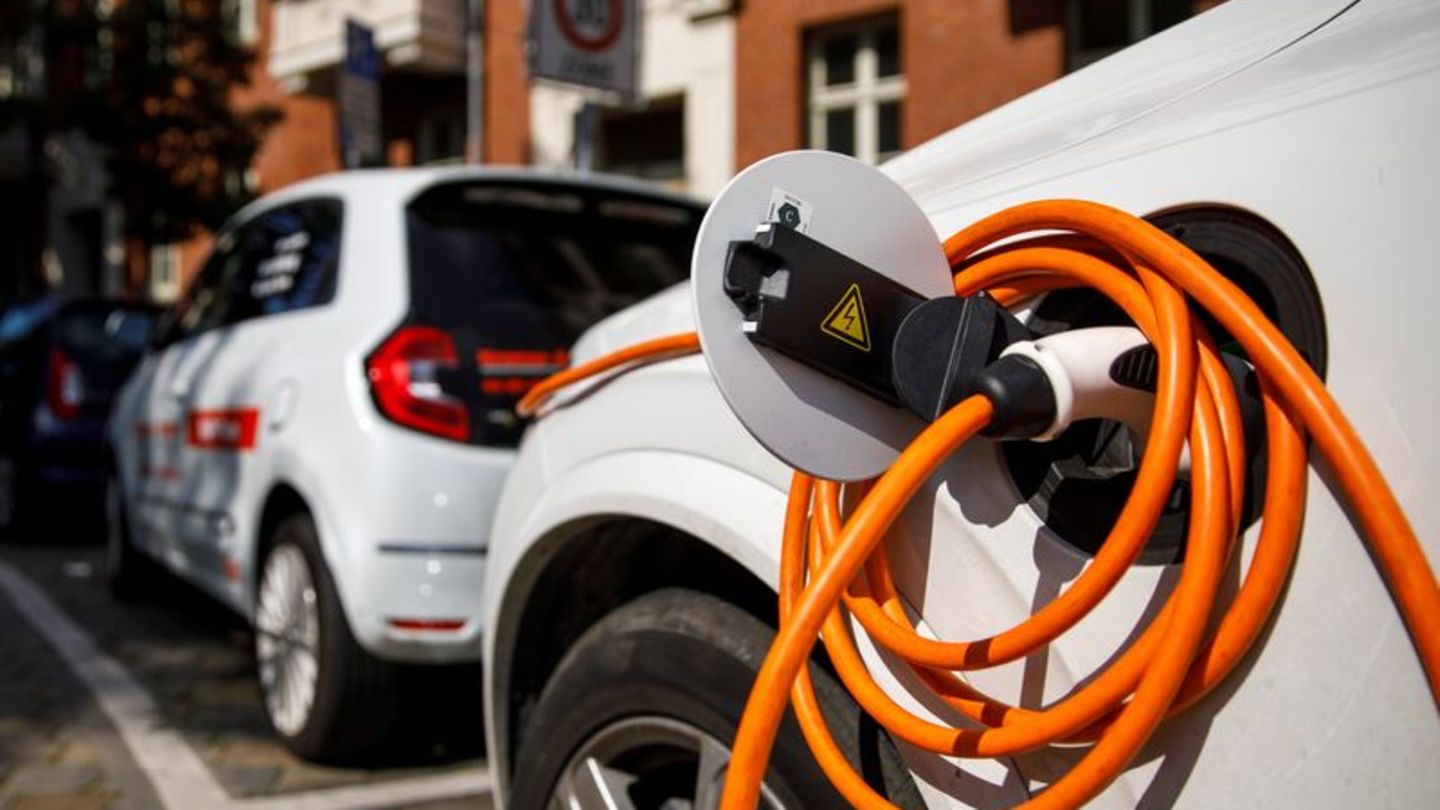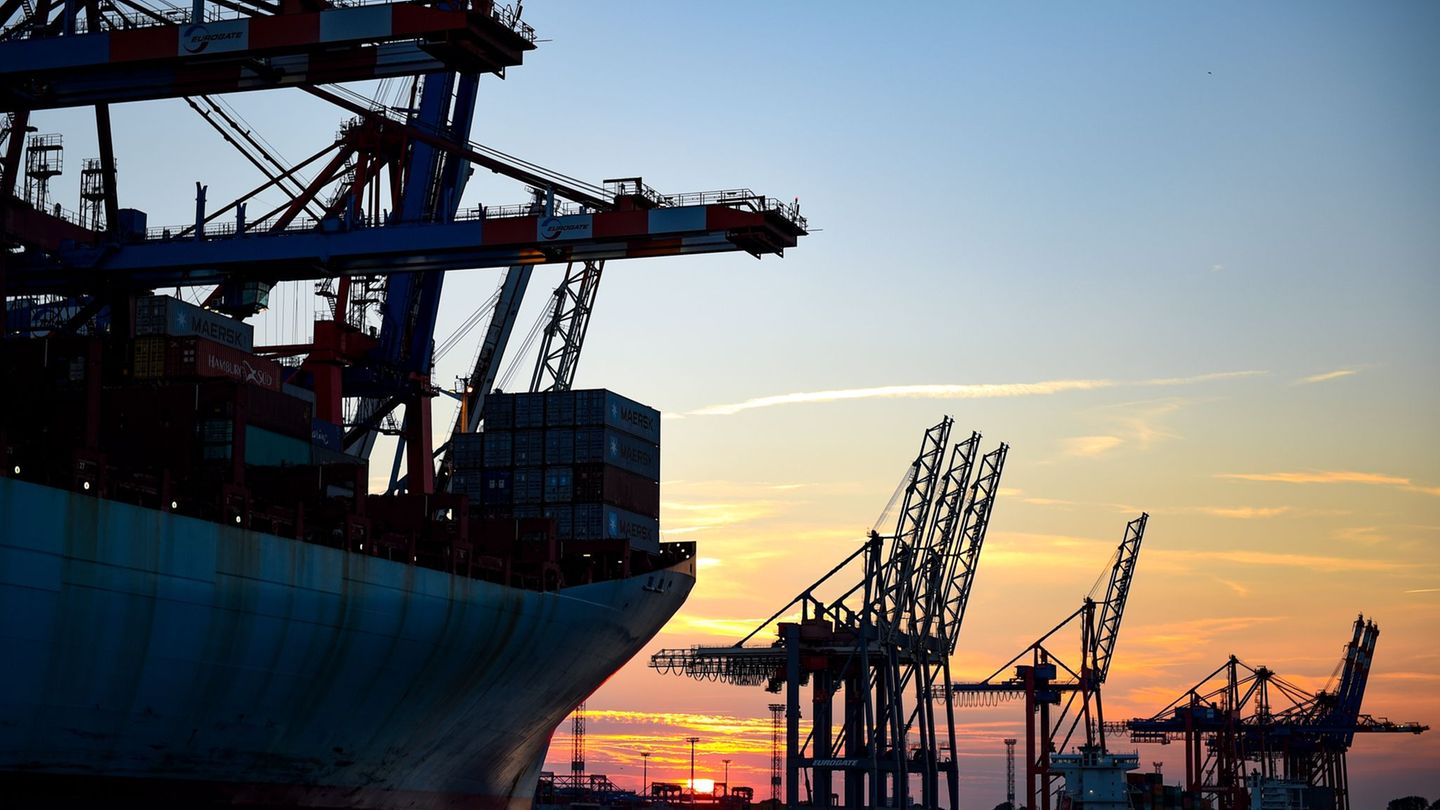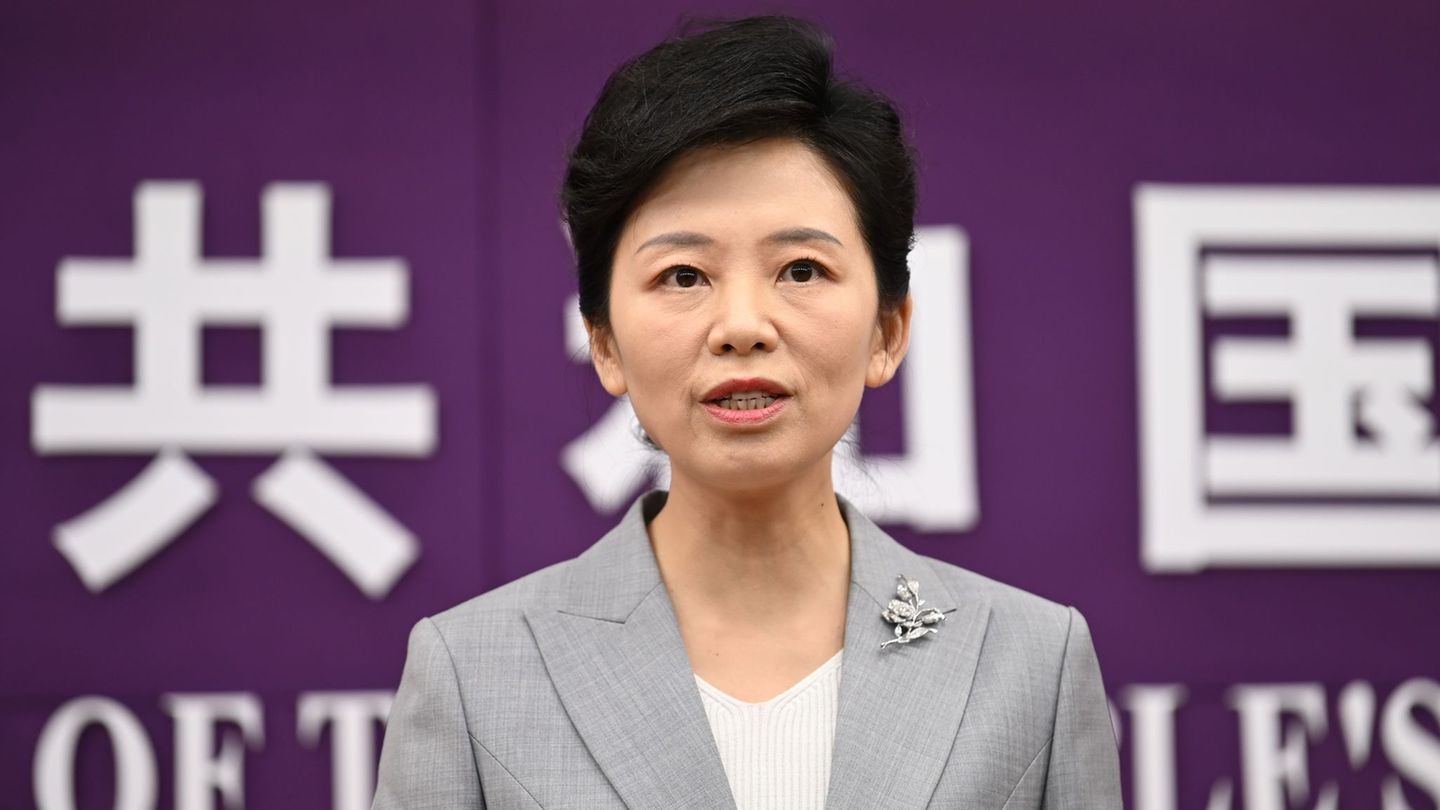Whether electric cars become widespread as industry and politicians want also depends on affordability. Imports from China could also trigger price reductions among European manufacturers.
According to the International Energy Agency (IEA), the pace of adoption of electric cars will depend on their affordability and the availability of charging stations. Growing exports of electric cars from Chinese manufacturers, which accounted for more than half of all sales in 2023, could further increase pressure on car prices, the IEA said in Paris.
Chinese companies with production facilities abroad have seen strong sales in overseas markets with more affordable models released in 2022 and 2023. This shows that the production of electric vehicles is located in different regions than the traditional automotive industry.
In China in 2023, more than 60 percent of electric cars sold were cheaper to purchase than a corresponding combustion engine model, the IEA said. In Europe and the US, however, purchase prices for cars with combustion engines remained cheaper on average, although increasing competition and better battery technologies are expected to lower prices in the coming years.
Charging networks must grow sixfold by 2035
For continued growth, it is crucial that the availability of public charging points keeps pace with sales of electric vehicles, emphasized the IEA. The number of public charging points installed worldwide increased by 40 percent in 2023 compared to the previous year. To achieve the proliferation of electric vehicles targeted by governments, charging networks will need to grow sixfold by 2035, according to the Energy Agency’s analysis.
Last year, global sales of electric cars rose by 35 percent to almost 14 million, according to the IEA. Sales of around 17 million electric cars are expected for 2024. “The continued momentum in electric cars is clear from our data, although it is stronger in some markets than others,” said IEA director Fatih Birol.
“The wave of investment in battery manufacturing suggests that the electric vehicle supply chain is making progress to meet automakers’ ambitious expansion plans,” Birol said. “This change will have a significant impact on both the automotive industry and the energy sector.”
Source: Stern




